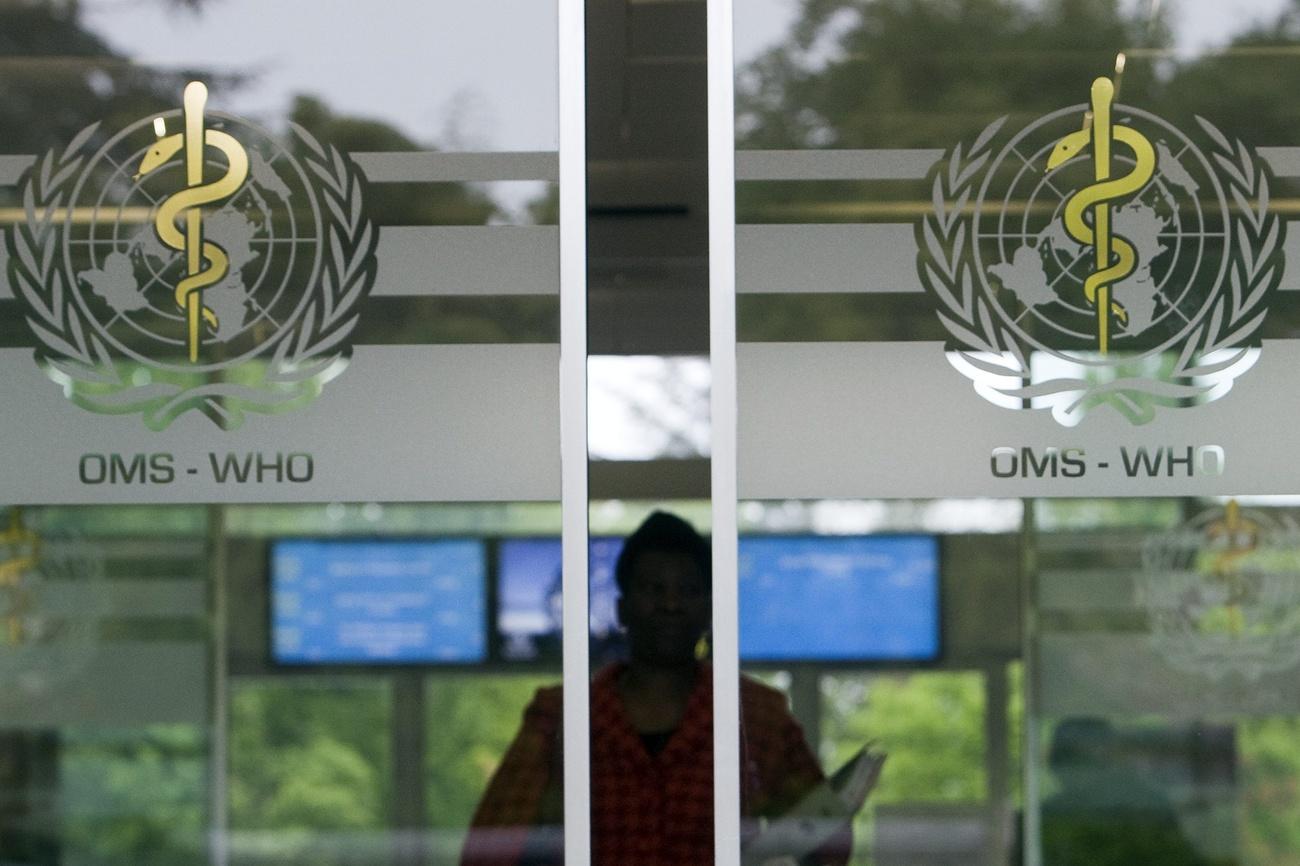
WHO launches fundraising foundation in Geneva

The World Health Organization (WHO) has launched an independent grant-making entity called WHO Foundation that will raise private funds to meet global health challenges.
Launched on Wednesday in Geneva, the foundationExternal link will help the WHO reach its “triple billion” goals: protect one billion people from health emergencies; extend universal health coverage to one billion people; and assure healthy lives and wellbeing to one billion people by 2023.
It aims to attract funds from actors that the WHO does not usually target, such as the private sector and philanthropists. The foundation hopes to be able to contribute $1 billion (CHF970 million) to WHO’s efforts over the next three to four years.
The former head of the Swiss Federal Office of Public Health, Thomas Zeltner, is one of the main drivers behind the creation of the foundation and is a member of the Founding Board.
“Today’s announcement is the culmination of more than two years of preparation and hard work by countless individuals and partner organizations. I would like to thank Professor Thomas Zeltner for spearheading this incredible adventure and founding the organization,” stated WHO Director-General Tedros Adhanom Ghebreyesus.
According to Zeltner, up to 80% of the donations raised by the foundation will be channelled directly into the WHO secretariat and the rest to partners. An executive director will be appointed shortly.

More
Funding the World Health Organization: where the US money goes

In compliance with the JTI standards
More: SWI swissinfo.ch certified by the Journalism Trust Initiative





























You can find an overview of ongoing debates with our journalists here . Please join us!
If you want to start a conversation about a topic raised in this article or want to report factual errors, email us at english@swissinfo.ch.